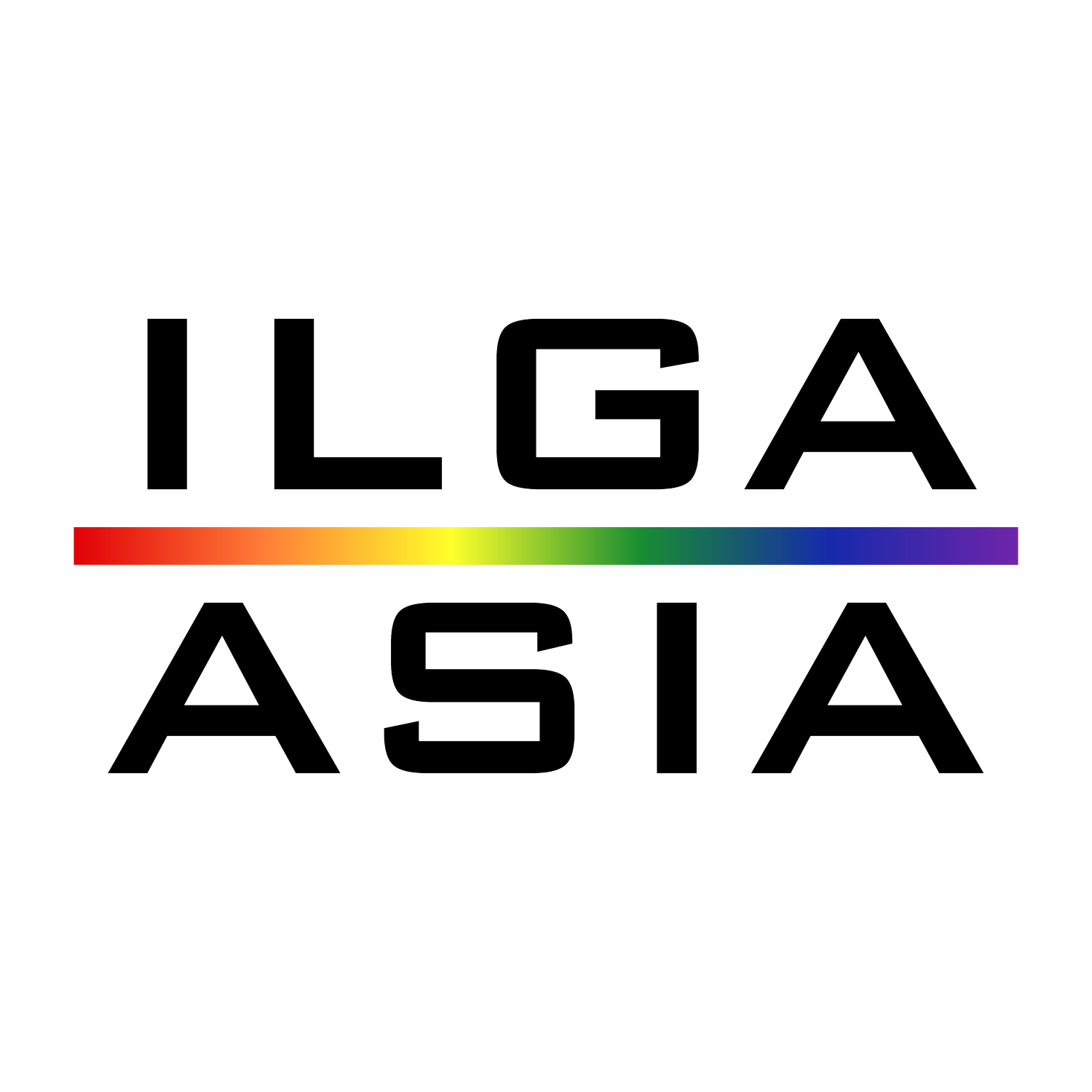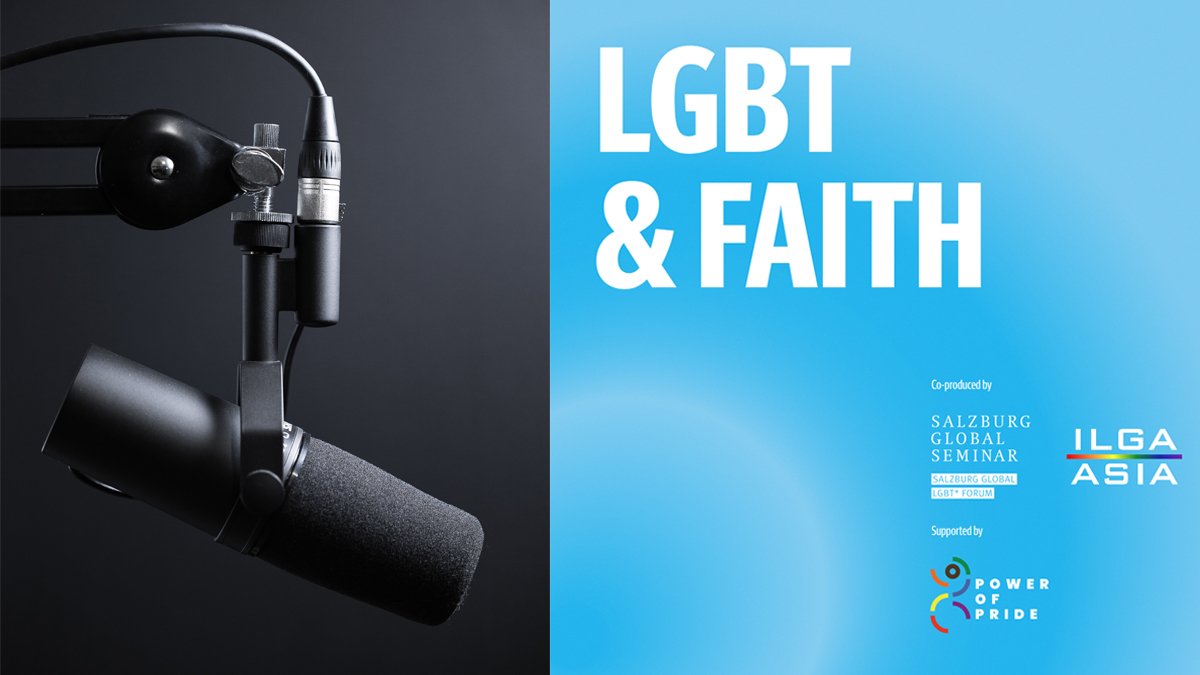Joint submission on Lebanon to the UN Special Rapporteur on Extreme Poverty & Human Rights with MOSAIC-MENA
8 October 2021
Subject: Input for Lebanon Visit submitted by MOSAIC-MENA & ILGA Asia
Dear Professor Olivier De Schutter,
Thank you for your Call for Input on Lebanon. ILGA Asia and MOSAIC-MENA greatly appreciate that you intend to conduct a county visit and present your findings on this important issue concerning extreme poverty and human rights in Lebanon. In this letter, we would like to present to you the socio-economic challenges confronting Lebanese LGBTI populations as well as the LGBTI refugees and IDPs residing in the country.
ILGA Asia is an umbrella membership organisation representing more than 170 LGBTI organisations in the Asian region to advance SOGIESC rights protection. ILGA Asia has been actively advocating for LGBTI rights in the MENA region since 2017 through several initiatives.
The MENA Organisation for Services, Advocacy, Integration & Capacity Development (MOSAIC-MENA) is a holistic program committed to improving the health and well-being of marginalised and vulnerable groups in Lebanon and beyond. Founded by activists, legal and health experts in September 2014, MOSAIC provides specialsed and comprehensive services for marginalised groups, and research and advocacy for policy reform, development of knowledge and capacities on SOGIESC (Sexual Orientation, Gender Identity and Expression, and Sex Characteristics) issues, and public engagement in the fight against human rights violations, especially against LGBTI persons.
Background
As a result of the economic situation and widespread COVID-19 cases, estimates state that over 55% of the Lebanese people are now in poverty and up to 23% are in extreme poverty. Moreover, there is a massive erosion of the middle class to under 40% of the entire population and the upper class to shrink from 15% to 5%. Moreover, the circumstances have driven people to flee illegally on over 21 fishing boats from Tripoli to Cyprus between July and September, and many face challenges during their travels, including loss of life. After the Beirut port explosion, a 36% increase in legal immigration of youth was reported (The New Humanitarian, 2020 & ESCWA 2020). Moreover, the addition of the imposed quarantine has produced social tensions, cases of violence, and murders. According to KAFA (Enough) Violence and Exploitation — a local non-governmental organisation — the number of reported cases of violence has increased drastically since the beginning of 2020. The number of calls on KAFA’s hotline and the number of murders and suicides due to violence within one month was staggering (KAFA, 2020).
The Impact of Political Crisis, Economic Precarity, and COVID-19 Pandemic on LGBTI Persons
According to the recent report Impacts of the Syrian Civil War and Displacement on Diverse SOGIESC Populations, published by MOSAIC-MENA, a Beirut-based LGBTI organisation in 2020, persons of diverse SOGIESC in Lebanon are facing multiple layers of discrimination and harassment in public and private settings. Moreover, the catastrophic economic situation, the outbreak of the COVID-19 pandemic and the aftermath of the August 2020 Beirut port explosion have compounded the discrimination of LGBTI people in the crowded and over-priced housing market, especially if they are refugees.
The economic crisis has pushed many persons of diverse SOGIESC further into the margins of the economy, and COVID-19 prevention measures have impacted them severely, especially those dependent on sex work for survival. The increasing socio-economic strain has, in part, increased anti-refugee and anti-SOGIESC diversity attitudes, especially by some party militias. Based on the report by MOSAIC-MENA, the Beirut explosion was seen by all respondents as a ‘stand-out’ event that further destabilised their already limited sense of security.
Within the current economic and health crisis, many people of the LGBTI community were victims of systemic discrimination where they did not have access to the National Social Security Fund or healthcare services, including hormonal treatment or mental health services. Many have lost their jobs since they worked in informal economies as contract staff with no legal protection. In addition, jobs in these type of sectors, e.g. retail and industrial services, cannot be performed remotely amid the lockdown. Moreover, most Lebanese businesses are managed by family members, and since LGBTI individuals are rejected by their families, they remain without connections to find jobs in the Lebanese economy.
Due to the COVID-19 and economic crisis, the Lebanese government distributed financial aid to family units that largely excluded LGBTI people. Due to job loss, many LGBTI persons were forced to move back with their parents where they were previously abused or live with friends if any. Extended family members play an essential role in social support in times of crisis within Lebanese society. As many LGBTI people face rejection and violence by family members, they lose their social network and depend on grassroots organisations for help in the face of discrimination and abuse. This is corroborated by the increase in calls reporting mental health issues and cases of domestic and partner violence to concerned non-governmental organisations such as MOSAIC-MENA.
Although some areas of Lebanon are more accepting of SOGIESC diversity, respondents still felt unsafe in many places and had difficulty accessing services. The lack is perhaps most significant in terms of psycho-social support services. Respondents were often grateful for what support and protection they did receive from the UNHCR and NGOs, and the spaces and contacts to others they afforded. To a degree, respondents had created their own support systems and practiced coping mechanisms such as learning new languages.
Lebanese laws do not protect LGBTI people from harassment or structural violence. The revolution of October 17 has given the LGBTI community a public space safe from oppression to live out their existence as part of the Lebanese society, positively changing the views of many parties about the rights of LGBTI individuals after previous attempts to marginalise them (Salem and Shaaban, 2020 & Human Rights Watch, 2020). However, these efforts are stymied by the government’s continual punishment of same-sex relations in the penal code law (article 534). Moreover, the LGBTI community’s human rights are also fought by Christian and Islamic institutions (Human Rights Watch, 2020 & Civil Society-Centre', 2018).
The socio-economic situation of LGBTI refugees and IDPs
Over the years, Syrian refugees in Lebanon have increasingly been seen as a social and political threat and as economic competitors (Slavova 2015). These fears and stereotypes are gendered, and as Qubaia and Gagné (2014) put it: ‘Syrian male refugees are at the bottom of this [social] order, and viewed as dangerously sexual and hyper-masculinised, rapacious, morally bankrupt, and flat out criminal’ (cf. Farah 2015, Khattab and Myrttinen 2017). Syrian refugees of diverse SOGIESC in Lebanon face a broad spectrum of social and economic discrimination and abuse, which intersect class-based prejudices, xenophobia, and misogyny with homo-, lesbo-, bi- and transphobia (Heartland Alliance 2014, Gagné and Qubaia 2013, Laruni et al. 2018, Myrttinen et al. 2017). This includes discrimination in getting jobs and housing; extortion (including for sexual favours) and blackmail by colleagues, employers, officials, taxi drivers, landlords and others; shunning and discrimination, including even within the LGBTI community; verbal abuse; as well as physical and sexual assaults.
There is little to no research on IDPs of diverse SOGIESC. Some of the research on forced displacement focuses on the life situations of diverse SOGIESC refugees while others are more theoretical in nature, with a focus on politics of categorisation. In addition, numerous NGOs and UN agencies have published reports and guidelines on diverse SOGIESC in displacement, again mainly focusing on refugees rather than IDPs (Heartland Alliance 2014, Myrttinen and Daigle 2017, ORAM 2011, and UNHCR 2015). Much of this research underscores the multiplicities and ubiquity of discrimination and abuse faced by persons of diverse SOGIESC, the difficulties of accessing justice (e.g. reporting abuse to the police) and the humiliations of the refugee application process, but also tensions between different refugees and the comparatively privileged processing of diverse SOGIESC refugee claims by the UNHCR (e.g. Shakshari 2014). The issue of visibility and its paradoxes of having to be both visibly conforming and non-conforming to different audiences is summarised by Shakshari (2014:1006) as follows:
“Passing is an ironic reality of queer and trans refugee applicants in Turkey [....] Passing the test of being gay, lesbian, or transgender according to the UNHCR standards, and passing as straight or cisgender at work or in public in Turkey mark forms of policing and surveillance that queer and trans refugees experience on a daily basis.”
Despite the incrementally increasing interest by various actors on the impacts of conflict and displacement on persons of diverse SOGIESC, the issue nonetheless remains somewhat at the margins of discussions on gender, peace and security, international humanitarian and refugee law, and transitional justice (Bueno-Hansen 2018, Fobear 2014, Hagen 2016, Margalit 2019, Muddell 2007).
The full report in pdf and references can be found in link below:



